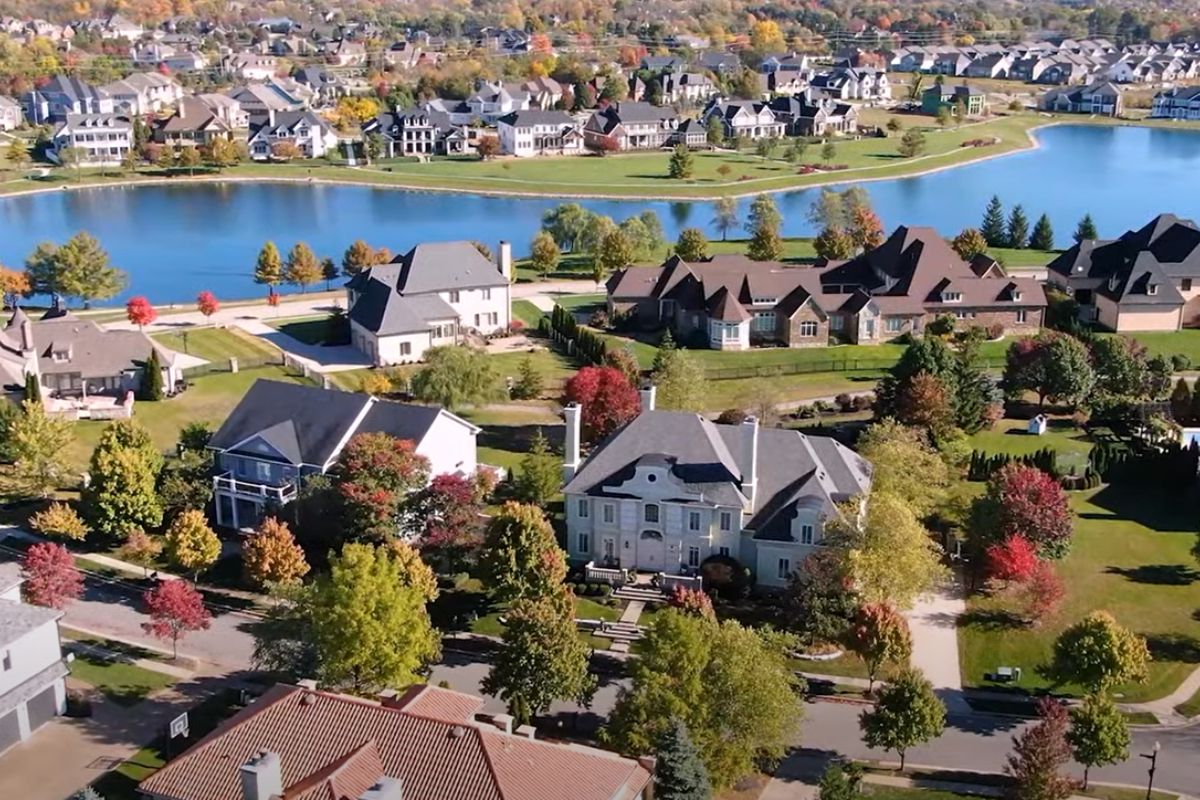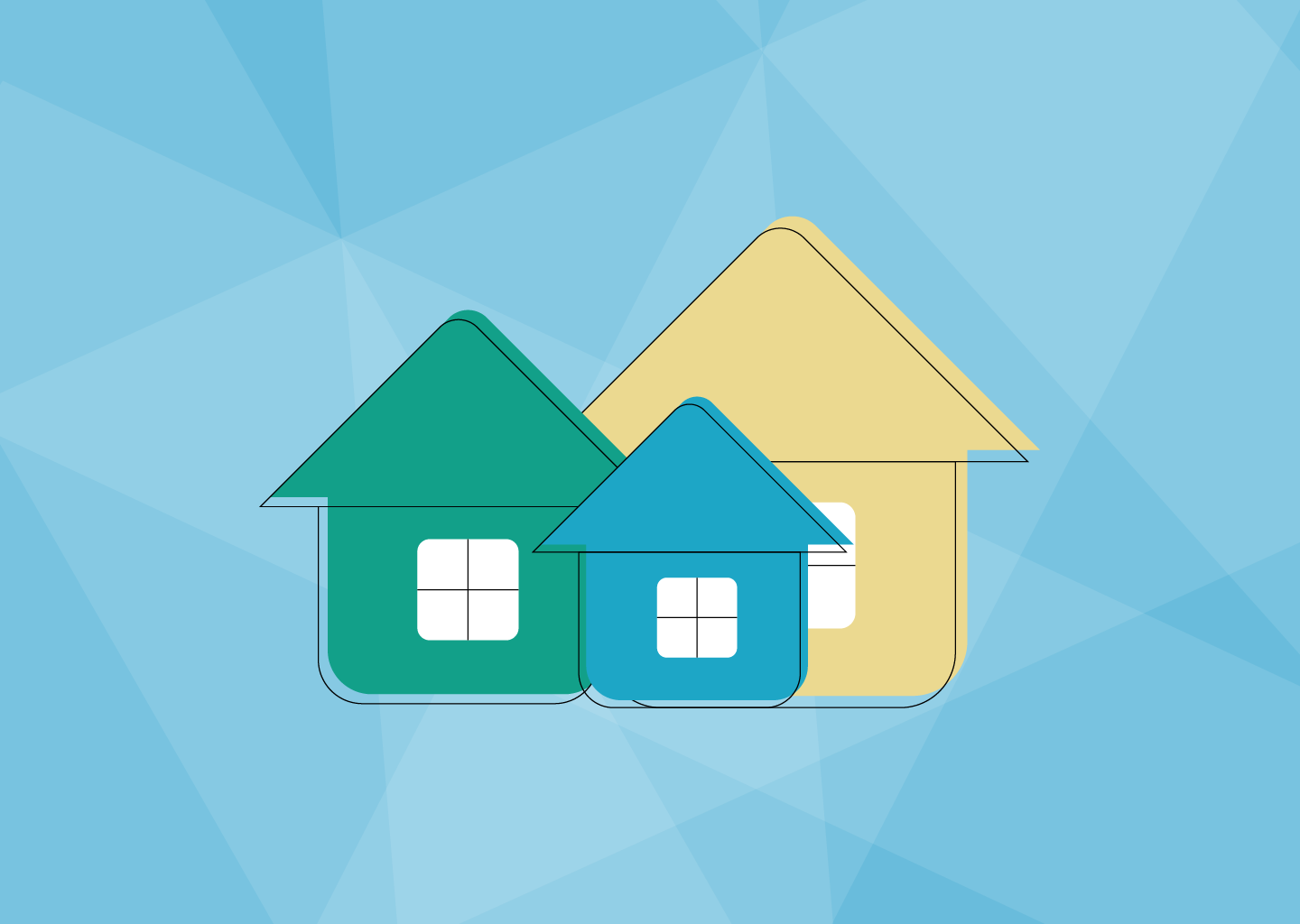HOA San Antonio Administration: Making Sure Consistency and Success in Your Area
Wiki Article
The Role of Homeowners fit HOA Plans
In the realm of property owners' organizations (HOAs), the role of property owners in forming plans holds considerable significance. Homeowners are not simply occupants yet active stakeholders in the community they reside in, with a vested interest in the policies and guidelines that regulate their lives. Understanding just how homeowners can influence and contribute to HOA policies is important for fostering an unified living atmosphere. By checking out the methods whereby property owners can affect decision-making processes, we reveal a dynamic interplay that forms the extremely essence of neighborhood living. Stay tuned to unwind the elaborate web of property owner engagement and its influence on forming HOA plans.Significance of House Owner Involvement
Homeowner interaction plays a vital duty fit the plans and choices of property owners' associations (HOAs) When house owners proactively take part in the decision-making procedures of their HOA, they contribute varied point of views that can result in more all-round and inclusive policies. Engaged homeowners are most likely to stay educated about HOA matters, participate in conferences, and give valuable comments on proposed policies. Their participation helps ensure that policies show the needs and preferences of the community they stand for.In addition, property owner interaction cultivates a feeling of ownership and responsibility within the area. When citizens are associated with shaping HOA plans, they are most likely to follow these guidelines voluntarily. This can result in a more harmonious living environment where citizens interact towards common goals and shared worths. Furthermore, involved home owners are more probable to sustain HOA efforts, which can lead to smoother implementation and better total success.
Ways to Impact HOA Policies
Effective participation in house owners' organization (HOA) boards and conferences uses residents chances to affect and form HOA plans. One of the most straight ways homeowners can influence HOA policies is by actively attending and taking part in HOA meetings.Furthermore, property owners can work together with their next-door neighbors to create a joined front when supporting for particular plan changes or campaigns. By arranging applications, carrying out surveys, or holding area meetings, property owners can demonstrate the degree of support for their proposed plans and boost their opportunities of influencing the HOA's decisions. Ultimately, by proactively getting involved, engaging with fellow citizens, and taking on management roles within the HOA, house owners can properly influence and shape HOA policies to much better reflect the requirements and preferences of the neighborhood.

Impact of Homeowner Involvement
The energetic participation of locals in property owners' association (HOA) activities considerably influences the policies and decisions controling the neighborhood. When property owners get involved in HOA meetings, provide feedback on recommended policies, and participate in conversations with the board members, their input can form the direction of the community. House owner engagement makes sure that the HOA board takes into consideration a varied variety of perspectives before choosing that affect the entire community.Additionally, homeowner participation can result in enhanced transparency within the HOA. By proactively participating in the decision-making process, locals can hold the board liable for their actions and make certain that plans are applied fairly and in the most effective passion of the neighborhood overall.
Moreover, when home owners actively join forming HOA plans, they feel a better feeling of possession and satisfaction in their area (hoa san antonio). This feeling of involvement cultivates a more powerful sense of neighborhood and encourages residents to collaborate in the direction of common goals, eventually developing an extra unified and desirable living setting for all citizens

Advantages of Energetic Property Owner Participation
Energetic engagement by locals in house owners' organization activities adds substantially to the improvement of neighborhood governance and cohesion. When homeowners proactively involve in HOA affairs, they bring diverse point of views and beneficial insights to the decision-making process. This involvement promotes a feeling of possession and obligation among locals, resulting in an extra natural and unified neighborhood.Moreover, active property owner involvement helps to ensure that HOA policies straighten with the demands and choices of the neighborhood participants - hoa san antonio. By articulating their problems and viewpoints, citizens can affect the development of rules and regulations that advertise harmony and well-being within the community. This joint method not only strengthens community bonds however also boosts the total lifestyle for property owners
In addition, energetic house owner involvement can lead to boosted transparency and responsibility within the home owners' association. When residents are proactively participated in the administration procedure, there is higher oversight and scrutiny of decision-making, which can assist stop possible conflicts and guarantee fair and fair treatment for all members. Inevitably, the benefits of energetic home owner participation extend past individual homes to create a more dynamic and growing community.

Developing a Community-Driven HOA
Provided the value of home owner involvement fit HOA plans, promoting a community-driven strategy is important for the sustainable administration and development of the neighborhood. A community-driven HOA empowers homeowners to proactively take part in decision-making procedures, making sure that policies reflect the diverse demands and preferences of the community. By urging open communication and partnership between property owners and the HOA board, a feeling of shared responsibility and ownership is cultivated, resulting our website in boosted satisfaction and harmony within the area.Developing a community-driven HOA includes developing devices for homeowner feedback, such as surveys, community hall conferences, or pointer boxes, to gather input on crucial issues and possible plan adjustments. In addition, promoting transparency in HOA operations and decision-making procedures fosters trust and liability amongst homeowners. By valuing property owner point of views and engaging them in the governance of the community, a community-driven HOA can enhance general resident satisfaction, promote a feeling of belonging, and add to the long-term health of the area.
recommended you read
Conclusion

To conclude, energetic house owner engagement plays an important role fit HOA plans. By taking part in decision-making processes and voicing their issues, house owners can affect the direction of their area. This involvement leads to a much more joint and inclusive environment within the HOA, eventually profiting all locals. Developing a community-driven HOA requires recurring communication and participation in between home owners and the association to ensure plans reflect the requirements and choices of the community.
In the realm of house owners' organizations (HOAs), the duty of home owners in forming plans holds substantial relevance.House owner interaction plays a crucial duty in forming the plans and decisions of homeowners' organizations (HOAs)Reliable engagement in property owners' association (HOA) meetings and boards offers residents chances to form and affect HOA plans. Inevitably, by actively taking part, involving with fellow citizens, and taking on leadership duties within the HOA, house owners can efficiently form and influence HOA plans to much better show the needs and click here for more preferences of the neighborhood.
In addition, energetic property owner participation can lead to raised transparency and responsibility within the house owners' association.
Report this wiki page